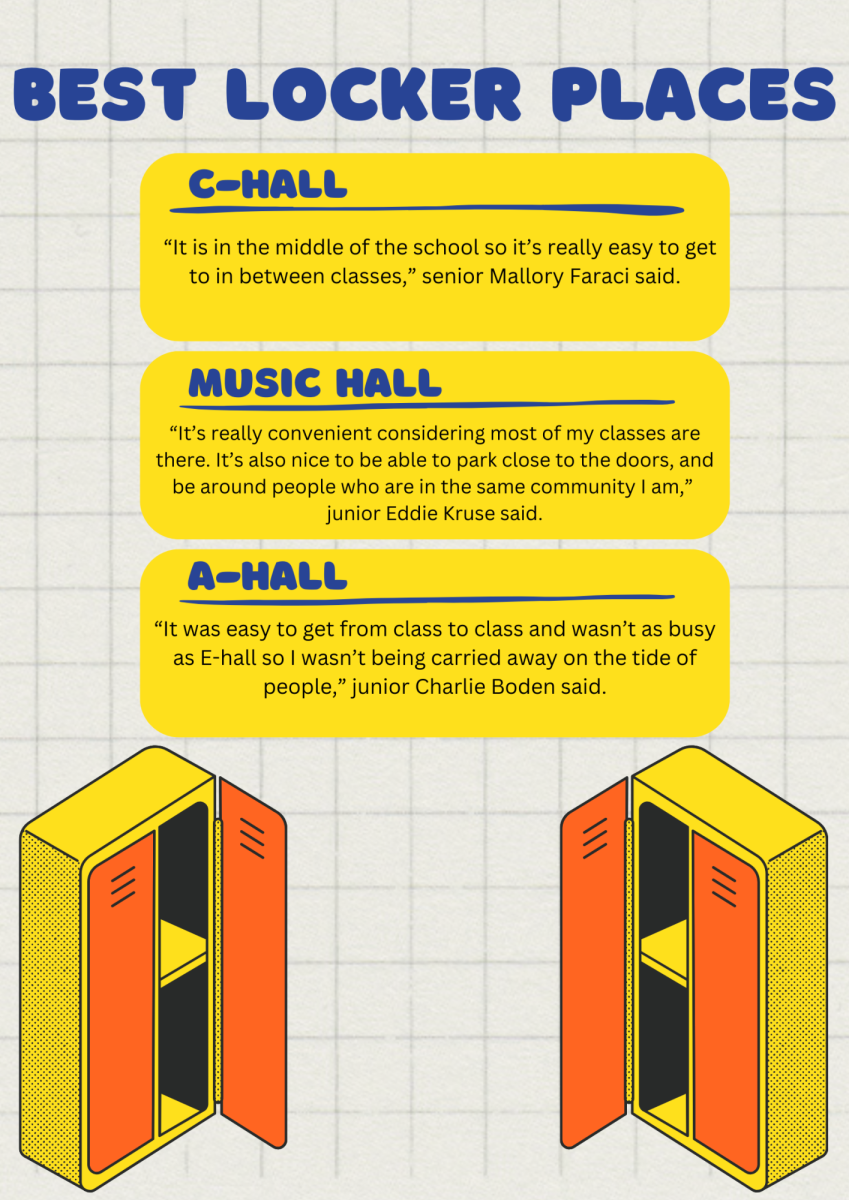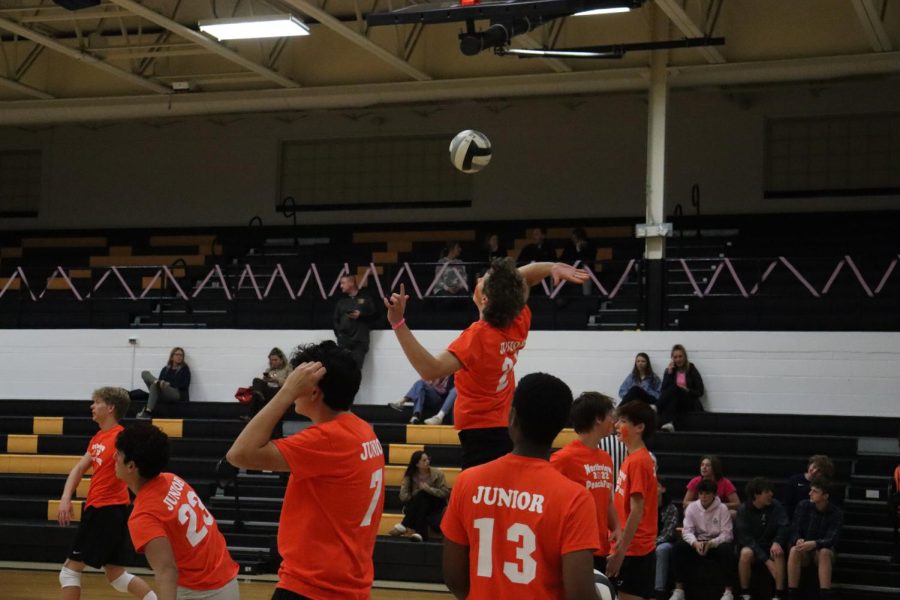Imagine yourself as a successful celebrity. I’m serious. Close your eyes for a moment and picture yourself living in a giant mansion, partaking in the most lavish life you could think of.
But, one day, someone discovers a Tweet you posted seven years ago. They exploit that Tweet to the media and, within minutes, your career is over. Because nowadays, nobody associates themselves with someone who made an unknowing mistake seven years ago.
According to dictionary.com, cancel culture is “the popular practice of withdrawing support for (canceling) public figures and companies after they have done or said something considered objectionable or offensive.”
Cancel culture is more prevalent than ever with social media taking over our lives, and it even resides in our own cities, neighborhoods, and schools. Careers are ruined over the sensitivity of our society, it’s completely unfair and immature.
Many people tend to be “canceled” over alleged racist comments, unbecoming actions, and political opinions. Oftentimes, these acts of offense are dug up by people on social media and exposed years later. This is pathetic, as different time periods call for different manners. Something that is offensive now may not have been offensive back when it was actually said.
Although some situations are correct in the “canceling” aspect, others are vastly exaggerated and should not be taken to such extremes. An even worse part about this process is that those who are “canceled” are typically teenagers and young adults.
Part of being human is recognizing our mistakes, taking time to fix them, and bettering ourselves. Cancel culture prevents the aspect of “bettering” by completely shunning the person who is being “cancelled” and makes it incredibly difficult for them to re-enter society as an improved person.
One very recent example of this process actually happened in the middle of November. TikTok stars Charli and Dixie D’amelio experienced backlash after posting a video of their family and makeup YouTuber James Charles conversing over dinner. Charli has a very large fan base with over 100 million followers, making her the most followed person on TikTok and a huge face in social media.
In this video, Charli discusses her goal of reaching 100 million followers on TikTok a year after reaching 1 million. Many viewers on the app claimed that she believed her fans were “only numbers” in her mind. Charli then live-streamed on Instagram sticking up for herself.
Dixie, Charli’s older sister, also had her own moment when the family’s personal chef brought out a plate of escargot, which is a dish involving cooked land snails. The video depicts her gagging over the food and excusing herself to go throw up. Viewers interpreted Dixie’s actions as spoiled and ungrateful. She posted a video the next day explaining the situation, only to receive more backlash.
People often follow the masses, and can be referred to as sheep in this aspect. Whichever lie is the most swaying is typically the one that is most believed. This was also evident in the James Charles and Tati Westbrook controversy in 2019.
Tati, another makeup YouTuber, accused James of being a master manipulator when it comes to emotions and other men’s sexuality. James lost over a million followers before he had the chance to explain himself, setting a YouTube record. Many of his previous fans destroyed their James Charles makeup palettes, as well.
James then posted a video full of receipts and explanations, contrary to Tati’s video that only included accusations and no true evidence. His subscribers quickly changed their opinions and sided with James once again. Like I said before, people are like sheep.
In order to “cancel” cancel culture, we as a society of social media users and influencers can take a moment to halt the shunning and use the situation as a learning experience for the person being “canceled”. Instead of shunning the D’amelios and James Charles, first take a moment to reflect on your own mistakes and realize that every single thing they do is broadcasted to the entire world.
As humans, we constantly make mistakes. It’s just in our nature. But the difference between ours and celebrities’ is that our mistakes are hidden in our own lives, behind screens rather than on them. And what most people don’t realize is that their acts of “canceling” are actually giving these victims more attention, which leads to an increase in clicks and views and, in the long run, adds to their bank account.
So, once we’ve recognized the offense, we need to educate people instead of “canceling” them. If you were shunned from all of social media, would you even have the motivation to better yourself knowing that you would never be forgiven?
To wrap up this issue of Regan’s Wrap-Up, cancel culture is an extremely toxic process that is detrimental to society and the celebrities within it. It feels like everyone is walking on eggshells nowadays, and it is all because of people’s increased sensitivity. Next time you want to “cancel” someone, put yourself in their shoes.

















